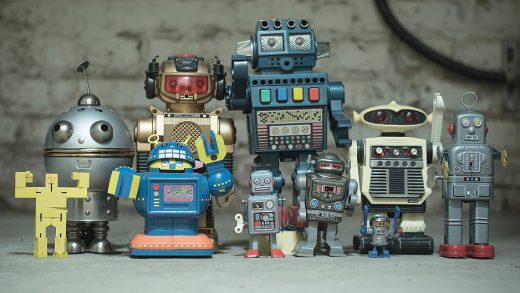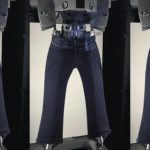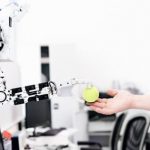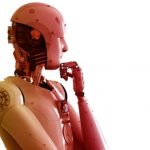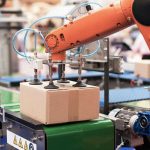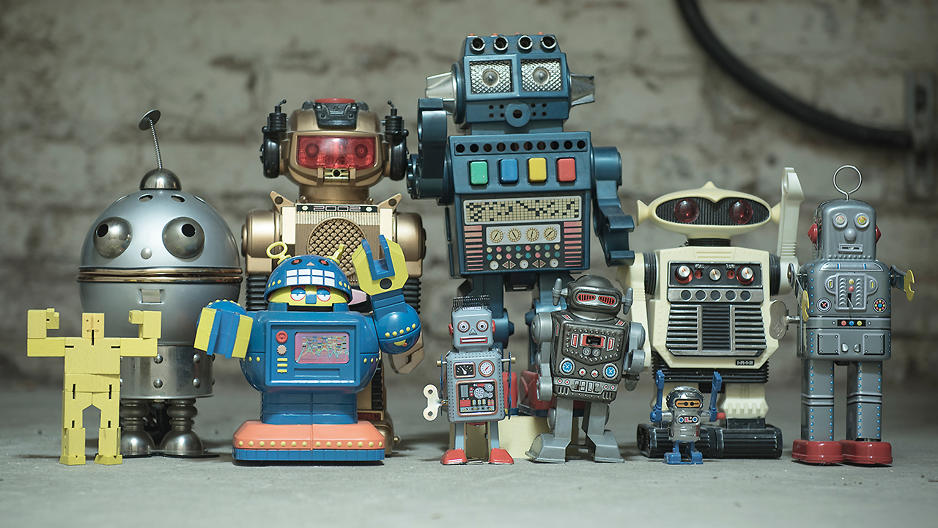AI And Robots Won’t Take Your Job For Decades—Probably
Worried about robots making you obsolete in the workplace? That’s not an irrational fear, according to Michael Chui from the McKinsey Global Institute. Lots of professions are ripe for artificial intelligence technologies to take over at least some of the work—often a lot of it.
The findings come from a major McKinsey study on AI. And it’s not just factory workers and truck drivers who have to worry. “For a set of tasks, which are about a third of the activities that we do in the economy now—which are collecting data and analyzing data—we are paying high-wage, high-skilled people to do this,” Chui told the audience at the AI World conference in San Francisco earlier this month. This type of work is ripe for AI to transform: Data collecting jobs can be automated 64% and data processing jobs 69%, according to McKinsey.
The firm published an interactive infographic online that shows how the rate of automation corresponds to jobs of different hourly wages. General management positions, for instance, average $46 per hour, and the jobs can be 28% automated. The biggest hits are still in the blue-collar professions. Fast food prep jobs earning $9 per hour could be 74% automated.
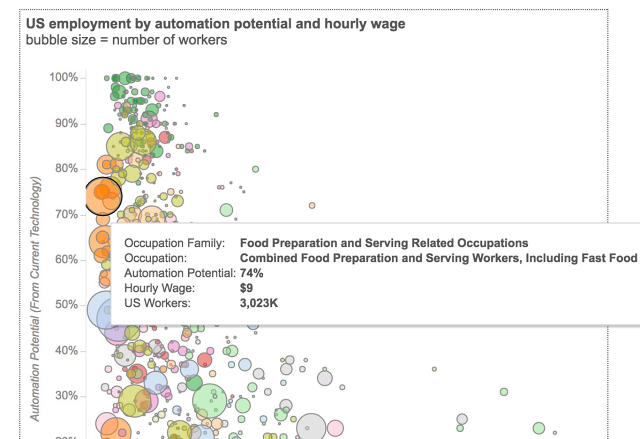
Few jobs will be taken over entirely by physical robots or algorithms—about 5%, according to Chui. But with big chunks of jobs getting automated, companies may not need as many people on staff. McKinsey estimates that about 45% of all activities in the economy can be automated. How many people will that affect? They estimate that bots can pick up about a third of all the work in 60% of occupations. That figure is based on technologies that already exist and are in use, not capabilities that may arrive in the future. Global trends already show that the growth of jobs is starting to decline or even dip into the negatives in countries around the world; now robots are poised to take more work away.
The consolation is that for most of us, this takeover won’t happen soon. Traditionally it takes decades for major technological changes to become widely adopted. “So there’s time for us to adapt,” Chui said. “We might start to think about, can AI save the economy by increasing productivity?”
However, some people could be affected sooner, Chui explained, citing the example of a truck driver at a company that decides to move to autonomous vehicles. AI is already doing a lot of the grunt work in office jobs, such as the law profession. “It might happen tomorrow for you,” he said. “But not for the country.”
Fast Company , Read Full Story
(23)

